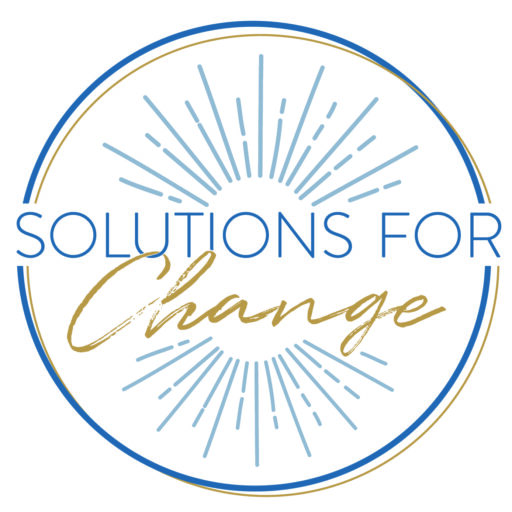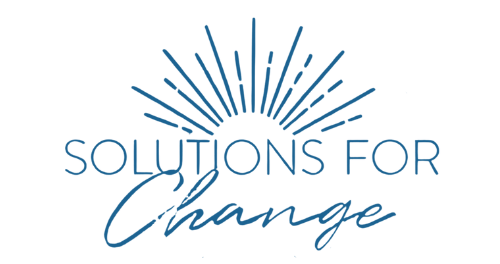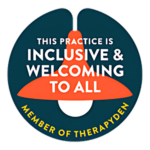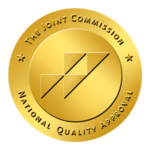Most people who enter treatment for addiction find themselves seeking answers for how and why they got to this point in their lives. Questions like “Why can’t I just be ‘normal'”? are often replayed like an endless loop inside the mind of individuals struggling with addiction. If you ask most professionals, even some of the most researched and educated ones, the explanation is usually that addiction is a brain disease. Despite dominating current discourse on the subject, the Brain Disease Model of Addiction (BDMA) leaves a lot of unanswered questions.
Dr. Gabor Mate´ offers a different explanation, and one that aligns with the first-hand accounts I have seen working in various treatment centers at all levels of care. Trauma and addiction often go hand in hand. Trauma can take many forms, such as physical abuse, sexual abuse, emotional abuse, or exposure to violent events. Additionally, trauma is not always catastrophic or major life threatening events. Sometimes trauma is as complex as not getting emotional needs met in childhood. Dr. Mate´ explains that “it’s not what happens to you externally that defines the trauma but what happens internally to you as a result of it”.
When someone experiences trauma, their body’s natural response is to flood their system with stress hormones like adrenaline and cortisol. These hormones are released to help the body cope with the traumatic event and keep the person safe. However, they can also have negative effects on the body and mind, leading to anxiety, depression, and other mental health issues. Because the mind and body cannot be separated, physiological and psychological responses to trauma are connected and interdependent within a system that is designed for survival.
One way that people may try to cope with the psychological and physiological stress response is through the use of substances like drugs or alcohol. Substance abuse can provide temporary relief from the pain and distress caused by trauma. However, this relief is only temporary, and the negative consequences of substance abuse can often make the person’s problems worse in the long run.
Additionally, trauma can alter the way the brain functions, making a person more prone to addiction. The brain’s pleasure and reward system, which is responsible for feelings of pleasure and motivation, can be damaged by trauma. This can make it harder for a person to find pleasure in other activities and can lead them to seek out substances as a way to cope with their emotions.
It’s important for people who have experienced trauma to seek help from a mental health professional. Therapy can help a person process their trauma and develop healthy coping mechanisms. In some cases, medication may also be necessary to help a person manage their symptoms.
If a person is struggling with both trauma and addiction, it’s essential that they receive treatment for both issues. Treating only one problem while ignoring the other can lead to a cycle of relapse and further suffering.
If you or someone you know is struggling with trauma and addiction, please don’t hesitate to reach out for help. There are resources available to support you on your journey to healing and recovery.
Our resources page lists a variety of helpful books that we recommend on the topic of healing through trauma.





